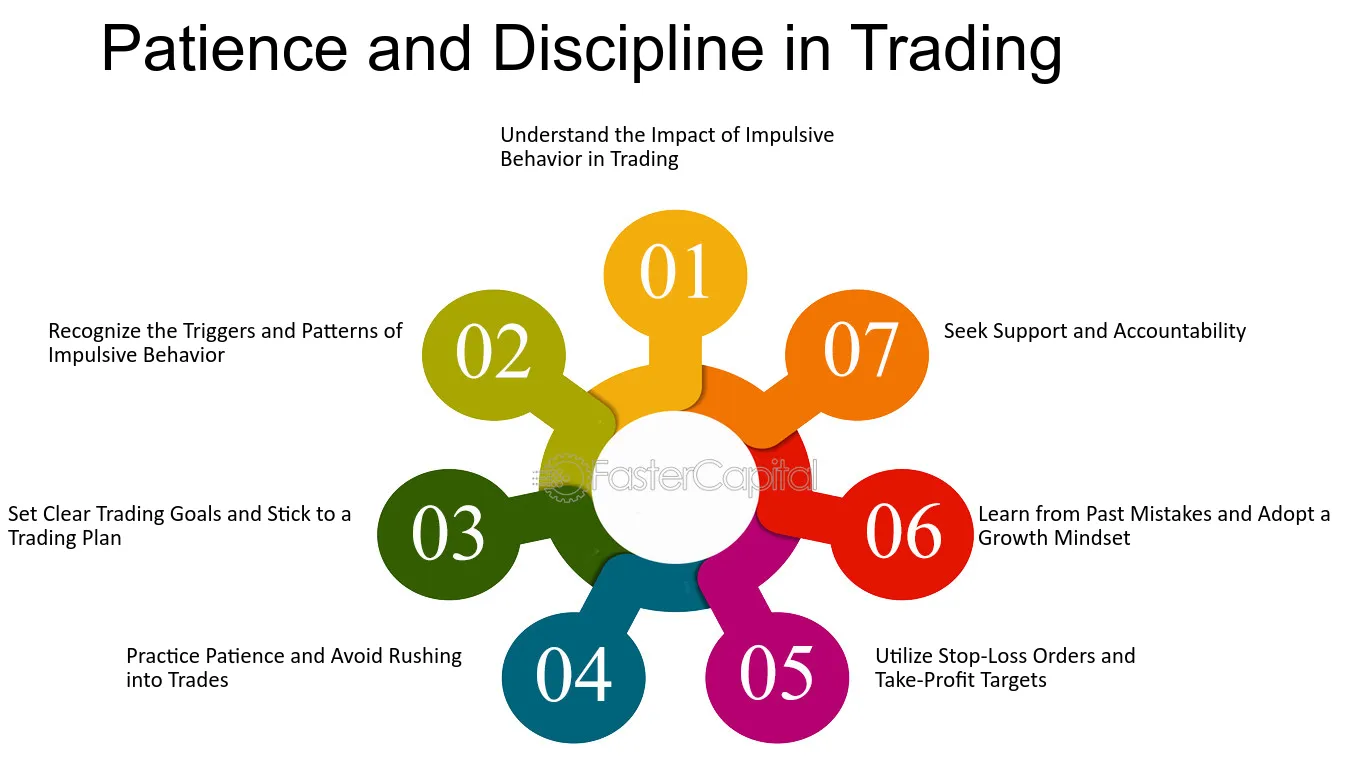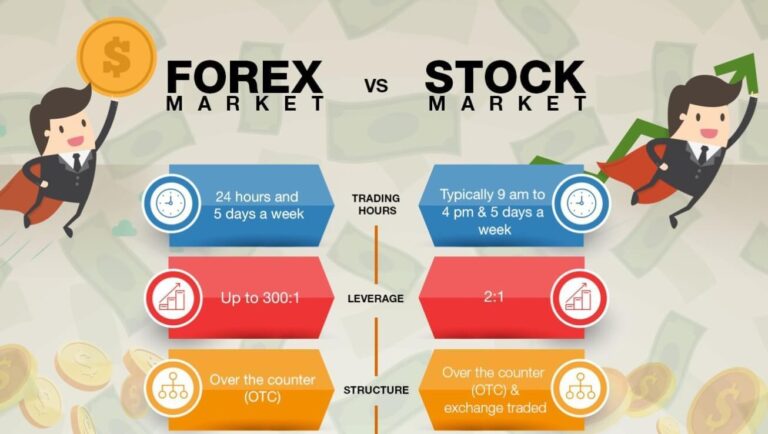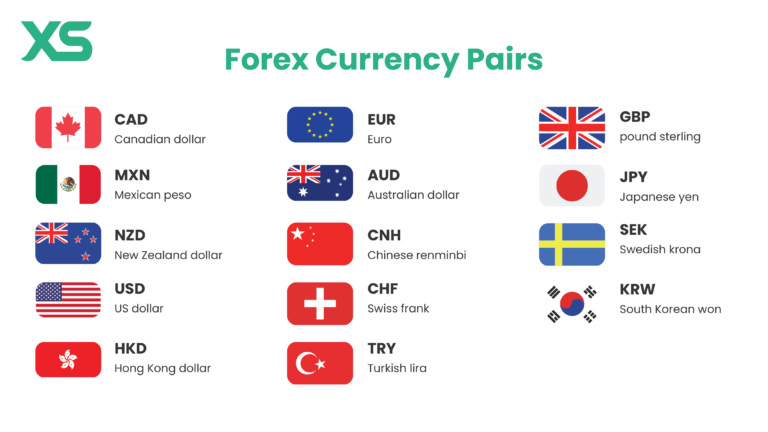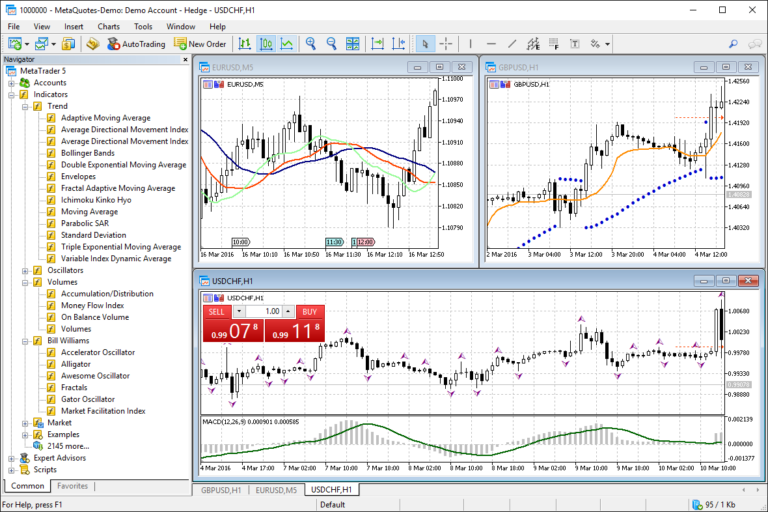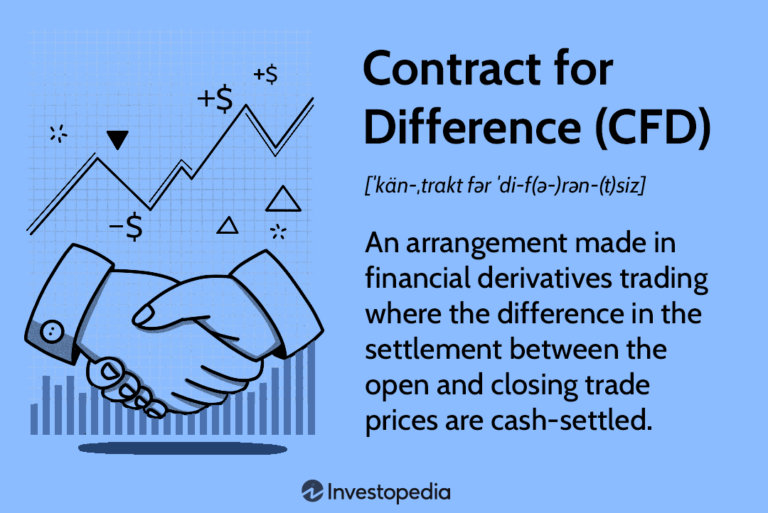
Forex Trading Psychology: Mastering Emotional Discipline to Improve Trading Performance
In the world of Forex trading, strategy and technical knowledge are essential, but they aren’t the only factors that determine success. Emotional discipline and the right mindset are just as crucial, if not more so. Forex trading psychology revolves around managing emotions such as fear, greed, and overconfidence, which can often derail a well-planned strategy. Understanding and mastering emotional discipline can dramatically improve trading performance and lead to more consistent results.
This article delves into the psychological aspects of Forex trading and offers practical tips for developing the mindset necessary for long-term success.
The Importance of Trading Psychology
Trading psychology refers to the emotions and mental state that dictate a trader’s decision-making process. Even the most experienced traders can fall victim to emotional pitfalls, which can lead to poor decision-making and, ultimately, losses. The unpredictability of the Forex market makes managing emotions an integral part of trading success.
Without proper emotional control, traders can make impulsive decisions that deviate from their trading plan, which can lead to significant losses. Conversely, developing emotional discipline enables traders to stick to their strategies, maintain consistency, and weather the inevitable ups and downs of the Forex market.
Common Emotional Pitfalls in Forex Trading
- Fear
Fear is a natural reaction to the possibility of loss, and in Forex trading, it can cause traders to close positions prematurely or avoid taking necessary risks. Fear often manifests after a series of losses, causing traders to become overly cautious, potentially missing profitable opportunities. Fear can also lead to overtrading, where traders constantly enter and exit trades to avoid further losses, which ultimately results in more losses due to increased transaction costs and poor timing. - Greed
Greed can be just as detrimental as fear. It pushes traders to over-leverage, hold onto winning trades for too long, or take excessive risks in the hope of maximizing profits. Greed may encourage traders to ignore their risk management rules, leaving them vulnerable to large losses when the market moves against them. In many cases, greed also leads to unrealistic expectations, causing traders to abandon rational decision-making in pursuit of quick gains. - Overconfidence
Overconfidence often arises after a series of successful trades. While confidence is necessary in trading, overconfidence can lead to complacency and reckless behavior, such as increasing position sizes or ignoring trading rules. Overconfident traders tend to believe they can’t lose, which can lead to poor risk management and a failure to exit losing trades promptly. - Impatience
The desire for immediate results can make traders impatient. Forex trading often requires patience, whether it’s waiting for the right trade setup or allowing a trade to reach its full potential. Impatient traders may enter trades too early, exit too soon, or chase the market when they feel they are missing out, which usually results in losses. - Revenge Trading
Revenge trading occurs when a trader experiences a loss and tries to quickly recover it by placing impulsive trades. These emotional trades are typically based on frustration and an eagerness to “win back” lost capital, but they often lead to further losses. Revenge trading disrupts emotional discipline and prevents traders from thinking rationally.
Steps to Master Emotional Discipline in Forex Trading
- Develop a Solid Trading Plan
A comprehensive trading plan that outlines your goals, risk tolerance, entry and exit strategies, and risk management rules is essential. Having a structured plan reduces the likelihood of emotional decision-making because it provides a clear roadmap. When emotions arise, referring to your trading plan can help you stay on track and avoid impulsive actions. - Practice Risk Management
One of the best ways to maintain emotional discipline is by managing your risk effectively. This includes setting stop-loss orders, limiting your exposure on any single trade, and adhering to a risk/reward ratio. By ensuring that each trade aligns with your overall risk management plan, you reduce the emotional pressure to constantly monitor the market and make sudden adjustments. - Accept Losses as Part of Trading
Losses are inevitable in Forex trading, and accepting them as part of the process is key to emotional discipline. Successful traders view losses as learning opportunities rather than personal failures. By shifting your mindset to see losses as part of a broader trading journey, you reduce the emotional attachment to individual trades and can focus on long-term consistency. - Take Breaks When Needed
Forex trading can be emotionally exhausting, especially during volatile market conditions. Taking regular breaks helps prevent emotional burnout and allows you to return to the market with a clear mind. Trading without breaks can lead to emotional fatigue, which increases the chances of making poor decisions. - Use Journaling to Track Emotions
Keeping a trading journal not only helps you track your trades but also enables you to record your emotional responses during those trades. This can help you identify patterns in your behavior and recognize emotional triggers. By reflecting on past trades and your emotions during them, you can improve emotional discipline over time. - Meditation and Mindfulness
Meditation and mindfulness techniques can be powerful tools for managing emotions. By practicing mindfulness, you can become more aware of your emotional state during trading and take proactive steps to prevent those emotions from influencing your decisions. Even simple breathing exercises can help you regain focus and maintain emotional control during stressful situations. - Use a Demo Account
For beginners, practicing in a demo account can help build emotional discipline without the fear of real financial losses. It allows you to test your trading strategies in a risk-free environment and observe your emotional reactions to wins and losses. The more experience you gain in controlling emotions in a demo setting, the better prepared you will be when trading live. - Set Realistic Goals
Unrealistic expectations can lead to frustration, greed, and overconfidence. Setting achievable, realistic goals will help you stay grounded and prevent you from chasing unattainable profits. Instead of aiming for overnight success, focus on steady progress and long-term growth.
The Role of Self-Awareness in Trading Psychology
Self-awareness is crucial for mastering emotional discipline. Being aware of your emotional triggers, knowing when to step back from trading, and recognizing the impact of your mental state on your trading decisions are key aspects of successful trading psychology. A trader who understands their emotional tendencies is better equipped to control them.
For example, if you recognize that fear often leads you to close trades prematurely, you can implement strategies such as setting firm stop-loss and take-profit levels. If you find that greed tempts you to hold onto winning trades for too long, having predetermined exit points can help.
Conclusion
Mastering emotional discipline is one of the most important aspects of Forex trading psychology. While technical analysis and strategies are essential, they must be balanced with a controlled and disciplined mindset. By managing emotions like fear, greed, and impatience, traders can make more rational decisions, stick to their plans, and avoid the costly mistakes that come from emotional trading.
Successful trading is about consistency and longevity, both of which require emotional discipline. By developing self-awareness, practicing effective risk management, and adhering to a solid trading plan, you can enhance your trading performance and create a foundation for long-term success in the Forex market.

